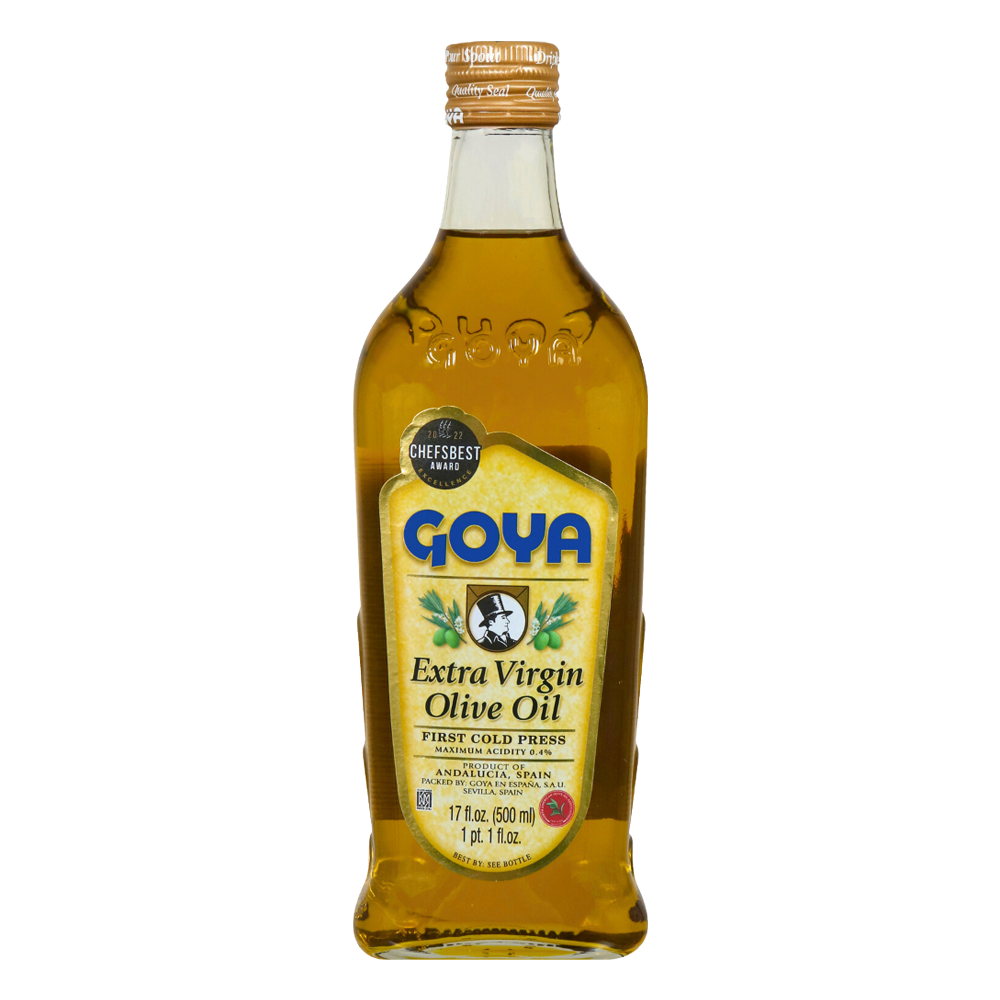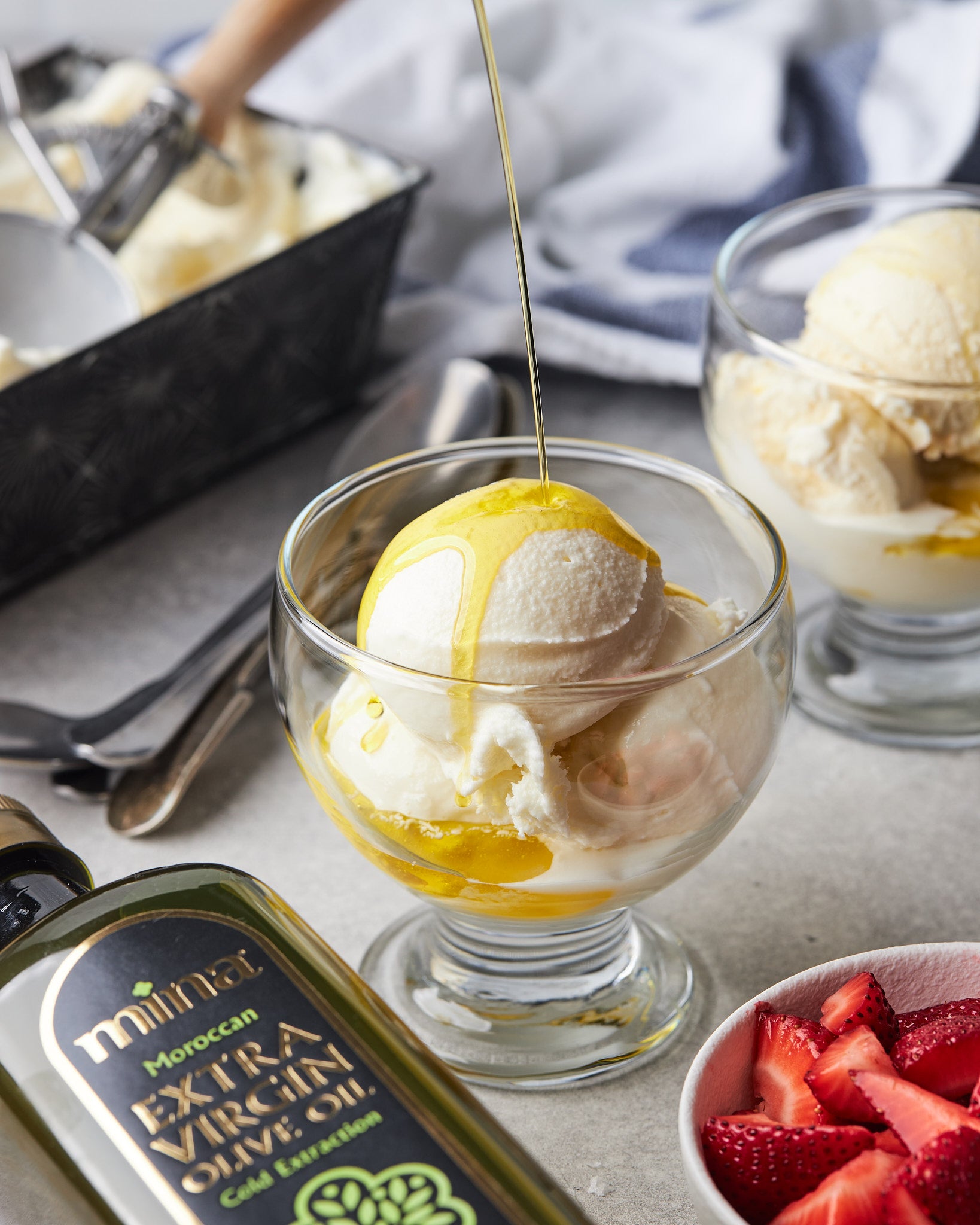Extra Virgin Olive Oil Benefits: A Natural Way to Reduce Inflammation
Extra Virgin Olive Oil Benefits: A Natural Way to Reduce Inflammation
Blog Article
Exploring the Various Kinds of Olive Oil and Their Uses, Including Bonus Virgin Olive Oil
The exploration of olive oil encompasses a varied range of kinds, each offering cooking applications and unique flavors. Extra virgin olive oil, renowned for its remarkable quality and health and wellness advantages, offers as a staple in numerous kitchens, yet it is only one aspect of this complex ingredient.
What Is Olive Oil?
Originated from the fruit of the olive tree, olive oil is a staple in Mediterranean food and a key component in numerous cooking applications. This versatile oil is created by pushing entire olives, causing a fluid that differs in shade, taste, and aroma depending upon the sort of olives made use of, the area of growing, and the extraction process. Olive oil is primarily made up of monounsaturated fats, particularly oleic acid, which is known for its prospective health and wellness advantages, consisting of anti-inflammatory homes and cardio support.
Along with its culinary uses, olive oil has a long background of application in conventional medicine and skincare, owing to its rich antioxidant content (extra virgin olive oil benefits). The oil is frequently used in dressings, marinades, and for cooking methods such as sautéing and roasting. Its distinctive taste account can improve the taste of various dishes, making it a vital component for both home cooks and professional cooks
Moreover, olive oil is commemorated for its function in the Mediterranean diet, which is connected with numerous wellness advantages. As understanding of these advantages grows, olive oil continues to gain appeal worldwide as a basic element of a healthy and balanced way of life.
Kinds Of Olive Oil
Comprehending the various kinds of olive oil is crucial for both cooking enthusiasts and health-conscious customers. Olive oil is classified primarily based upon its removal technique and quality, which considerably affects its health, scent, and taste benefits.

Light olive oil, in spite of its name, refers to a lighter flavor and not reduced calories. It is suitable for those seeking a more refined taste in marinates and dressings. Furthermore, there are flavored olive oils instilled with herbs, flavors, or citrus, which can enhance meals without the need for additional seasoning.
Each kind of olive oil offers details cooking functions, and comprehending these distinctions allows customers to make educated choices that straighten with their cooking designs and health and wellness goals.
Additional Virgin Olive Oil
Extra virgin olive oil (EVOO) is extensively considered as the finest olive oil available, popular for its rich taste and various wellness benefits. To be identified as extra virgin, the oil has to be produced from fresh olives making use of mechanical processes, without the usage of solvents or excessive warm. This meticulous technique preserves the oil's all-natural tastes, antioxidants, and healthy and balanced fats, resulting in a product with a reduced acidity level of much less than 0.8%.
EVOO is abundant in monounsaturated fats, especially oleic acid, which is connected to reduced inflammation and boosted heart health. It likewise has polyphenols, powerful antioxidants that might supply protective impacts versus persistent diseases. The flavor account of EVOO can differ significantly depending upon the olive range and area of production, ranging from fruity and grassy to durable and sharp.

Culinary Use Olive Oil

In food preparation, olive oil can be used for sautéing, roasting, and grilling, giving a much healthier choice to butter or other fats. Its high smoke point makes it appropriate for numerous cooking approaches, while its antioxidants add to a heart-healthy diet regimen. Sprinkling olive oil over ended up meals, such as pasta, fish, or barbequed vegetables, can raise tastes and include a touch of beauty.
In addition, olive oil plays a significant role in cooking, where it can replace traditional fats in recipes for bread and pastries, imparting dampness and a subtle preference. It also acts as a base for instilled oils, allowing cooks to try out tastes such as garlic, herbs, a fantastic read or chili, better broadening its culinary capacity. On the whole, olive oil's convenience makes it important in both home and professional cooking areas.
Choosing Top Quality Olive Oil
When picking high quality olive oil, it's necessary to take into consideration a number of essential elements that affect the product's health, scent, and flavor advantages. Opt for extra virgin olive oil (EVOO), which is derived from the initial cold pushing of olives and consists of the highest degrees of anti-oxidants and useful compounds. Search for oils that are licensed by recognized organizations, as this commonly makes sure adherence to strict quality requirements.
The packaging additionally plays a significant duty in preserving the oil's honesty. Choose oils stored in dark glass bottles or tins to secure versus light destruction. Take notice of the harvest day; fresher oils supply remarkable taste and nutritional worth, so choose products that are within 18 months of their harvest.
Be conscious of the taste; a great quality olive oil should have an equilibrium of fruity, bitter, and sharp notes, indicating its splendor and intricacy. By examining these variables, you can ensure you are picking the best olive oil for your cooking demands.
Verdict
In recap, the exploration of different sorts of olive oil Go Here exposes distinct features and applications, with additional virgin olive oil standing for the pinnacle of quality because of its reduced level of acidity and high antioxidant material. Its versatility in cooking usages improves flavors in dressings, sauces, and sprinkles. Recognizing the different ranges of olive oil enables for his comment is here informed selections in cooking approaches, advertising much healthier techniques while enriching the total gastronomic experience. Quality selection stays important for ideal benefits.
Obtained from the fruit of the olive tree, olive oil is a staple in Mediterranean food and an essential active ingredient in various culinary applications.The most usual kinds of olive oil include fine-tuned olive oil, pure olive oil, and light olive oil.Bonus virgin olive oil (EVOO) is widely related to as the greatest top quality olive oil available, renowned for its abundant taste and various health and wellness advantages. Choose for additional virgin olive oil (EVOO), which is acquired from the first cold pressing of olives and consists of the highest possible degrees of antioxidants and useful substances.In recap, the expedition of various types of olive oil reveals unique attributes and applications, with added virgin olive oil standing for the peak of quality due to its low acidity and high antioxidant content.
Report this page